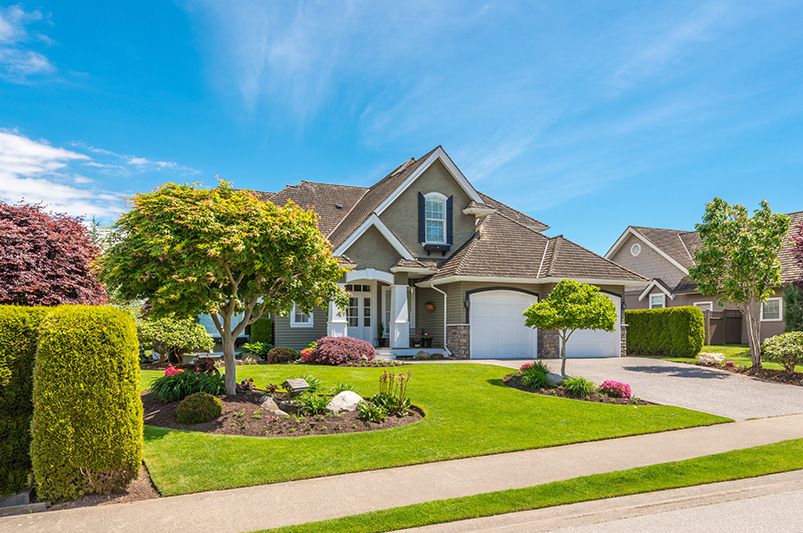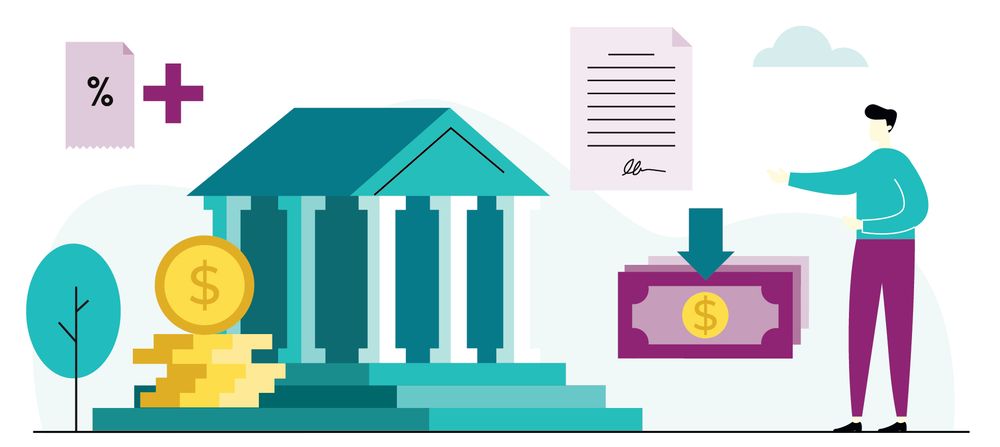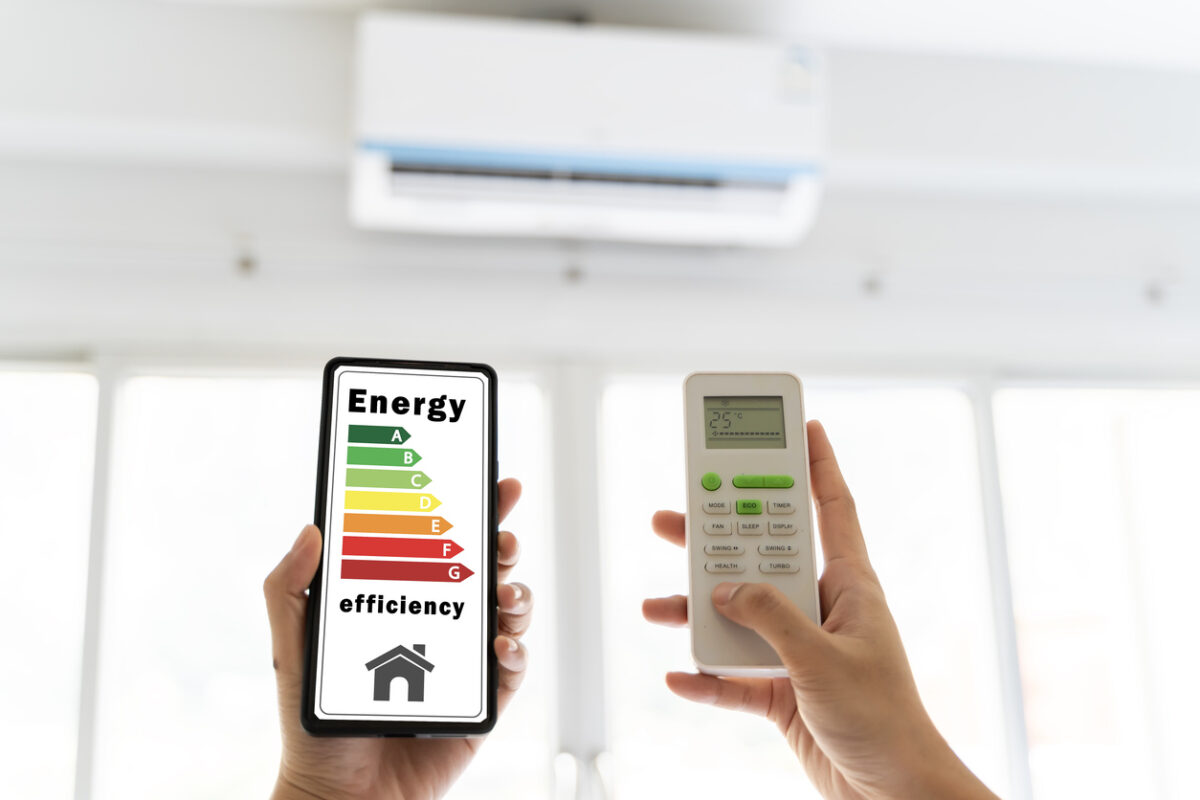Upgrading to energy-efficient windows and doors is one of the most impactful ways to make your home more comfortable, lower utility costs, and contribute to a healthier environment. In a world increasingly focused on sustainability, choosing energy-efficient options isn’t just about saving on heating and cooling—it’s about creating a space that respects the environment. Here’s an in-depth look at Why Energy-Efficient Windows and Doors Matter for Your Home and the Environment, including a guide to their benefits and a comparison table of popular energy-saving features.
1. Lower Utility Bills and Improved Comfort
One of the main reasons why energy-efficient windows and doors matter for your home is the substantial reduction in energy costs. Homes lose a significant amount of heating and cooling through older, inefficient windows and doors, which forces HVAC systems to work harder and results in higher energy bills. Energy-efficient windows and doors are designed to reduce heat loss in winter and prevent heat gain in summer, helping you maintain a comfortable indoor temperature year-round.
Benefits for Homeowners:
- Lower heating and cooling costs
- Reduced strain on HVAC systems
- Stable, comfortable indoor temperatures
Energy-Saving Features to Look For:
- Double or triple glazing
- Low-E (low emissivity) glass
- High-quality weatherstripping
2. Enhanced Home Value and Curb Appeal
Installing energy-efficient windows and doors is a smart investment for homeowners looking to increase their property’s value. Not only do these upgrades improve a home’s exterior appearance, but potential buyers are often willing to pay more for energy-efficient homes. With the growing awareness of environmental impact and energy costs, homes that feature sustainable upgrades stand out in the market.
Key Points for Resale Value:
- Increased property value due to modern, efficient upgrades
- Enhanced curb appeal with new window and door designs
- Attractive to eco-conscious buyers

3. Positive Environmental Impact
Why energy-efficient windows and doors matter for the environment extends beyond the immediate savings—they also reduce a home’s overall carbon footprint. When energy consumption is reduced, less fossil fuel energy is required, which in turn decreases greenhouse gas emissions. Energy-efficient windows and doors allow homeowners to actively contribute to environmental sustainability by lowering their energy needs.
Environmental Benefits of Energy-Efficient Windows and Doors:
- Reduced greenhouse gas emissions
- Lower dependency on non-renewable energy sources
- Support for a sustainable, eco-friendly home environment
4. Better Insulation and Reduced Noise
Energy-efficient windows and doors also provide better insulation against outdoor noise. Double or triple-pane glass and insulated frames create a barrier that minimizes sound transmission, making energy-efficient windows ideal for homes in busy or noisy areas. This improved insulation also reduces drafts and cold spots, leading to a more consistently comfortable home interior.
Noise Reduction Benefits:
- Improved indoor quietness
- Better sleep quality in noisy areas
- More peaceful and enjoyable living environment

Comparison of Energy-Efficient Window Glass Types
Choosing the right glass type for energy-efficient windows can have a big impact on insulation, UV protection, and overall energy savings. Here’s a comparison of popular energy-efficient glass types to help you select the best option:
| Glass Type | Energy Efficiency | UV Protection | Best Use Cases | Insulation Level |
|---|---|---|---|---|
| Low-E Glass | Excellent | High | Areas with high sun exposure | High |
| Double Glazed | Good | Moderate | General use, suitable for all rooms | Moderate |
| Triple Glazed | Very High | Moderate to High | Cold climates with high energy needs | Very High |
| Laminated Glass | Moderate | High | Noise reduction and UV protection | Moderate |
| Tempered Glass | Moderate | Low | Safety-focused areas like bathrooms | Moderate |
Selecting the Right Glass Type:
For homes in areas with intense sunlight, Low-E glass offers excellent UV protection and energy efficiency. In colder regions, triple-glazed windows provide the highest insulation, while laminated glass is ideal for homeowners looking for soundproofing along with energy savings.
5. Long-Term Savings and Durability
Although energy-efficient windows and doors may come with a higher upfront cost, their durability and long-term energy savings more than make up for it. High-quality materials like fiberglass and vinyl are not only effective insulators but are also resistant to warping, rotting, and weather damage. These windows and doors are built to last, minimizing maintenance needs and replacement costs over time.
Financial Benefits of Durability:
- Reduced maintenance expenses
- Lower replacement frequency
- Long-term energy cost savings
6. Government Incentives and Rebates
To encourage homeowners to upgrade to energy-efficient solutions, many governments offer incentives and rebates for installing certified energy-efficient windows and doors. Programs such as the Canada Greener Homes Grant provide financial assistance to those investing in energy-efficient upgrades, helping offset the initial costs and promoting sustainability on a wider scale.

Potential Incentives:
- Federal and provincial energy rebates
- Tax credits for energy-efficient home improvements
- Local utility company incentives
Conclusion: Why Energy-Efficient Windows and Doors Matter for Your Home and the Environment
Investing in energy-efficient windows and doors is a step toward a more sustainable, comfortable, and cost-effective home. The benefits go beyond monthly savings, improving the value, comfort, and eco-friendliness of your home while supporting environmental health. From reducing energy bills to enhancing curb appeal, energy-efficient windows and doors are a wise choice for homeowners looking to make a positive impact. Embrace the long-term benefits and feel good about creating a sustainable, energy-efficient future for yourself and the planet.

